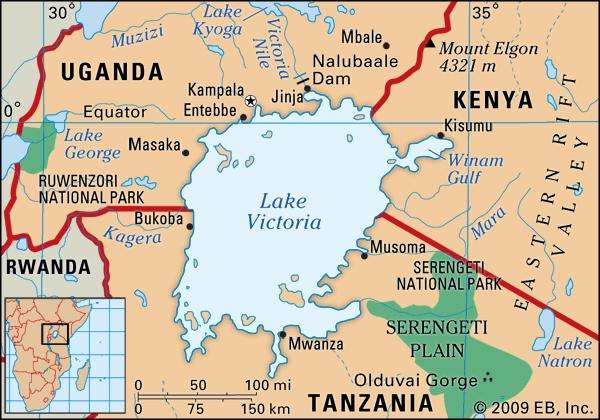Maurince Otieno has been a fisherman for over 15 years.

He inherited this outstanding skill of fishing from his late grandfather, George Omollo Otieno, who was a renowned fisherman in his time.
For the past several months, Otieno, who does his fishing along the shores of Dunga beach in Lake Victoria, has been experiencing difficulties in his fishing expedition despite his bloodline skills.
Otieno, currently in his late 40s, says he no longer harvests sufficient fish to meet the needs of his immediate and extended family that depends on him.
This has made him a very scared man. He is afraid of what the future holds for him and his family as his only source of income continues to diminish very fast.
“We are doomed. I don’t know how I will support my family now that I hardly have any catch. I am a worried man,” he says as we set out for a fish expedition along the shores of Lake Victoria in Dunga beach.
Ever since the passing on of his father more than 10 years ago, Otieno notes he has been eking out a living out of the turbulence waters of Lake Victoria.
He observes that his father and grandfathers, were all fishermen and they passed the skills of fishing on to their siblings.
But Otieno notes that the tradition that has always been passed down from one generation to another was bound to come to an end in his life time as fishing spots continue to diminish along the shores of Lake Victoria.
“I am certain that my generation will have nothing to pass down to coming generation as it has been our norm and tradition,” stresses Otieno in a low tone with a sense of disappointment.
He notes that his family has been forced to find alternative ways to make a living besides fishing which has been their bloodline.
“I don’t know what is happening to our God given lake, we hardly catch any fish,” narrates Otieno as he jumps into his dilapidated boat.
“You see all these,” he says as he hands me a life jacket and shows me a fleet of abandon boats that were on the verge of rotting, “the owners abandon them here due to declining fish in the lake.”
With disillusionment evident in his hoarse voice, he engages the forward gear to his boat and the engine roars as we begin to drift and gain momentum as the boat accelerates.
I engage a handful of fishermen that we find, and their sentiments were similar.
After three hours of fishing with no success, we docked the boat at the shores of Dunga beach.
It was at this beach that I was lucky to bump into a researcher and scientist who, according to Otieno, has been doing “serious research “of the lake.
Dickson Wallace, the scientist and researcher, says he has been conducting research on the lake for over three years.
Wallace notes that the lake was adversely being impacted negatively by climate change that is common with extreme weather patterns over a period.
He attributes extreme weather changes to climate change, which he says was also being experienced not only in Nyanza region of Kenya but also across other neighbouring towns.
To this end, he observes that the rampant variation particularly in temperatures, may have been the cause of declining marine life at Africa’s largest lake – Lake Victoria.
“It is no doubt that a significant number of aquatic marine are usually affected by extreme weather conditions caused by climate changes,” he says.
A report released by the International Union for Conservation of Nature (IUCN) this year which assessed the extinction risk of 651 freshwater species in Lake Victoria including fish and aquatic plants found that up to 24 percent of these species are being threatened with extinction.
The world nature watchdog cautioned that “three-quarters (76 percent) of these endemics are at risk of extinction.”
Will Darwall, the co-author of the report who heads IUCN’s freshwater biodiversity unit, said in the report that although “the Lake Victoria Basin is incredibly rich in unique species found nowhere else on Earth, its biodiversity is being decimated.”
Apart from climate change, the report attributed this to Industrial and agricultural pollution, invasion of the deadly water hyacinth, over-harvesting of fish and wetland degradation among others.
One of the worst affected fish species is the African Lungfish, according to this report.
As discovered by this report, Kibet Chemiron, a marine expert and fellow at the University of Port Elizabeth in South Africa, confirms the negative effects of climate change on freshwater species in Lake Victoria.
According to Kibet, most aquatic animal species that are used for human consumption are poikilothermic (animals whose internal body temperatures change with the temperature around them) and are usually affected by extreme weather brought by climate change.
Chemiron explains that any changes in habitat temperatures usually influence fish metabolism, growth rate, productivity, seasonal reproduction, and susceptibility to diseases and toxins.
“Fish population may be reducing drastically as a result of these factors emanating from climate change,” he says.
Rose Anyango, a resident who has a mini food joint at the beach says they no longer have access to clean water.
“The dams where we used to access clean water are now filled with mad caused by flooding water,” she states.
Courtesy: PAMACC News Agency
